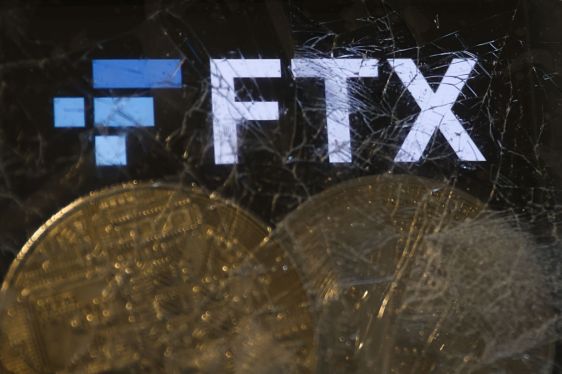As we navigate the post-pandemic landscape, venture capital (VC) firms are facing a stark reality. On one hand, companies focused on artificial intelligence (AI) are thriving, with valuations reaching unprecedented heights. However, on the other hand, non-AI startups are struggling to secure funding, even with decent revenue growth.
A Tale of Two Cities
The dichotomy between AI and non-AI startups is evident in the latest valuation data from Carta, a cap-table management platform that analyzed nearly 2,000 software deals closed this year. The results paint a stark picture: the bottom 10% of Series B deals had pre-money valuations of only $40 million, while the top 10% were priced at almost $1 billion.
The AI Advantage
It’s no secret that AI companies are in high demand. Notable examples include ElevenLabs, which raised a $80 million Series B earlier this year, valuing the company at $920 million pre-money, and Cohere, which closed its Series D at a $5 billion pre-money valuation.
The Challenges Facing Non-AI Startups
However, for non-AI startups, the fundraising landscape is drastically different. Even if they raised capital after the zero-interest rate era (ZIRP) frenzy subsided, they are likely facing challenges in securing Series B funding, even with decent revenue growth. According to Brian Hirsch, co-founder of Tribeca Venture Partners, founders of non-GenAI startups must feel like "in high school, and they didn’t get invited to the cool party."
The Reality Check
Carta’s data reveals that only 9% of Series A companies have been able to secure Series B funding within two years, a significant decline from the previous 25%. This trend is alarming, as it suggests that non-AI startups are struggling to gain traction in the market.
Tribeca Venture Partners: A New Approach
However, there is hope for non-AI startups. Tribeca Ventures, a 13-year-old firm with a late-stage strategy, is using its growth fund to help pricedown rounds of more mature startups. The company primarily invests in companies that have revenues of $20 million or above, but are struggling to raise capital due to high valuations.
The Unwinding Process
According to Hirsch, the unwinding process will take at least a couple of years to complete. "We’re still in that unwinding process," he said. "We think it’s at least a couple years more of clean-up work."
Conclusion
The tale of two cities is a stark reminder of the post-pandemic reality facing venture capital firms. While AI companies are thriving, non-AI startups are struggling to secure funding. However, with the help of firms like Tribeca Venture Partners, there is hope for non-AI startups to thrive in the market.
Related Topics
- AI: The latest news and trends in artificial intelligence
- Down rounds: The challenges facing companies forced to raise capital at a lower valuation than their previous round
- Recapitalization: The process of revaluing a company’s shares or debt
- Startups: The latest news and trends in the startup ecosystem
- Tribeca Venture Partners: A 13-year-old firm with a late-stage strategy that invests in companies forced to raise capital at a lower valuation than their previous round
Sources
- Carta: Cap-table management platform that analyzed nearly 2,000 software deals closed this year
- Tribeca Venture Partners: 13-year-old firm with a late-stage strategy that invests in companies forced to raise capital at a lower valuation than their previous round
About the Author
The author is a journalist specializing in technology and startup news. With years of experience covering the latest trends and developments in the industry, the author provides insights and analysis on the challenges facing non-AI startups.
Note: This article is a summary of the original text, and has been modified to include headings, bullet points, and additional information to enhance readability and clarity.




